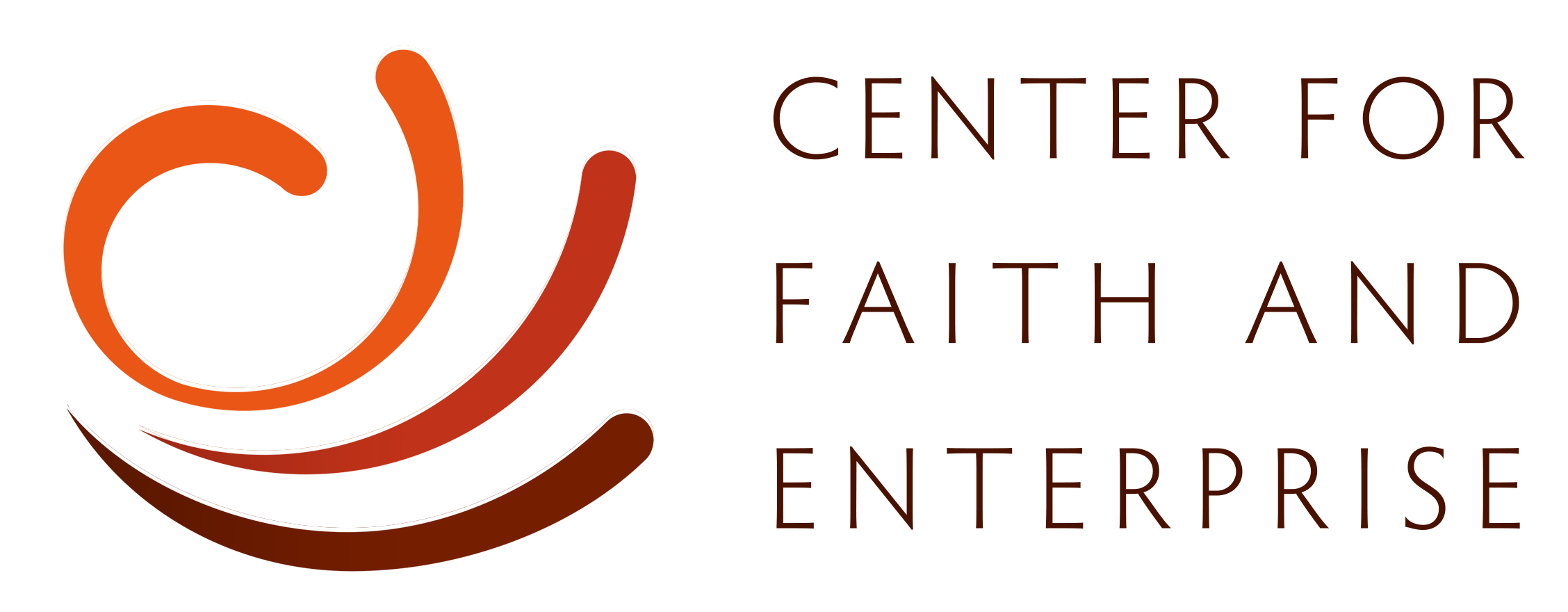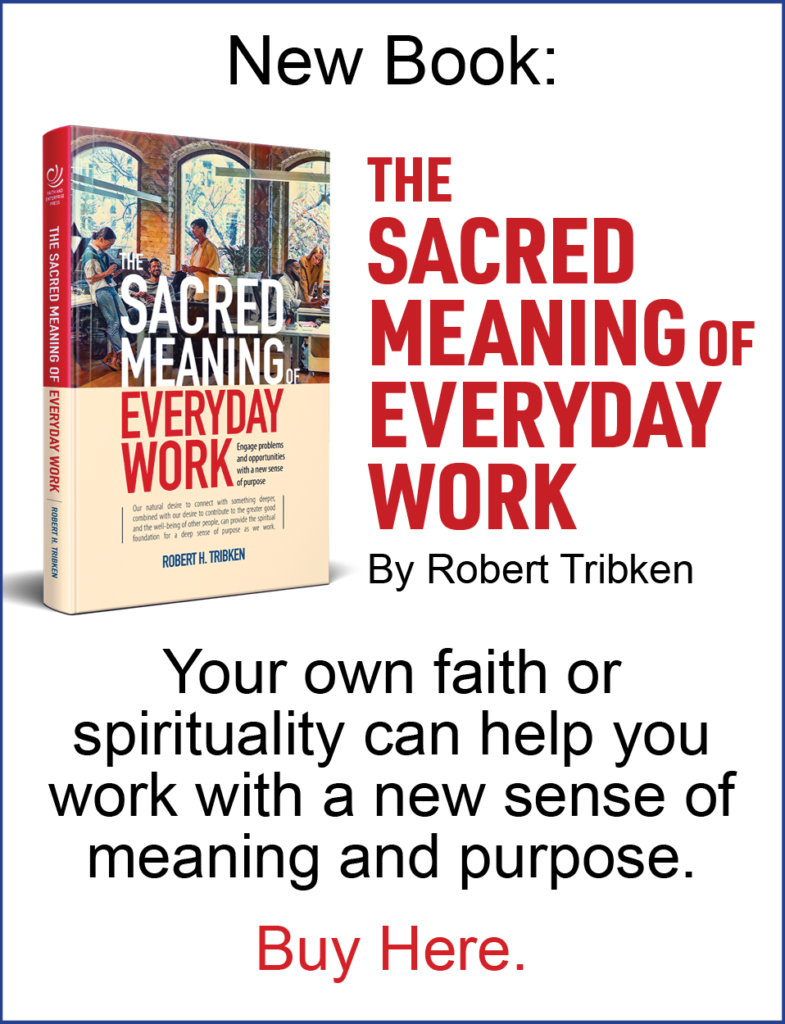Podcast Transcript October 5, 2017
Risk and Opportunity
The story of Abraham is an ancient story, one probably retold from generation to generation for thousands of years. For much of this time it was passed on in oral form — probably more than a thousand years of oral tradition behind it before it was actually put down in writing. Now, in a historical sense, I can’t say that we know what really happened, the past is too murky. But what I find fascinating about this story is that it was told so many different times year after year, generation after generation — perhaps refined over time but still maintaining the core elements.
I picture adults and children sitting around the fire at night listening to this story and imagining what it would be like to be Abraham. Why did they hang on to this story and retell it over so many years and generations? What made it so valuable? Why did people have such a deep connection to the story?
I don’t know for sure, but my guess is because it spoke of an individual facing a very significant risk and pursuing a very great opportunity. He did so because he believed he was called by God, which touched something deep inside him. The risk and vulnerability combined with the opportunity and the power of God moved him as profoundly as it sometimes touches us.
Let’s look at the first part of Abraham’s story when God calls him. Abraham is initially called Abram until later in the story. In the narrative leading up to this passage, Abram’s father Terah, along with Abram and the rest of the family, has been living in the Sumerian city of Ur. They were apparently wealthy.
For reasons unknown, Terah decided to move his family west, perhaps to Canaan but they only got as far as Harran, which is on the eastern edge of modern day Turkey. They settled in He, and after Terah died, Abram was told by God to move into Canaan, a strange land occupied by foreign tribes. The Biblical book of Genesis, chapter 12, verses 1 to 5, gives us this part of the story:
“Now the Lord said to Abram, ‘Go from your country, your kindred, your father’s house to the land that I will show you. I will make of you a great nation. I will bless you and make your name great so you will be a blessing. I will bless those who bless you and the one who curses you I will curse. And in you all the families of the earth shall be blessed.’ So Abram went as the Lord told him and Lot went with him. Abram was 75 years old when he departed from Herran. Abram took his wife Sarai, and his brother’s son Lot and all the possessions they had gathered and the persons who they have acquired in Herran, and they set forth to go to the land of Canaan.”
Abram was taking a significant risk. He was taking his family, his nephew Lot and maybe some other relatives, probably a large number of servants, all of his cattle, and other possessions and was leading them into danger. If it proved to be the wrong decision he, his family, and all the people who looked to him for leadership could be killed. But Abram was willing to take this risk in response to the promise of a great opportunity and the belief that God was with him.
Each of our work lives involves some mix of risk and opportunity, courage and mission. And the same is true for the people with whom we work. How we understand and respond to both risk and opportunity will make a big difference in our work lives and also in how we live. We need to look squarely into the reality of risk. It is present to some degree in each of our lives, and denying it will likely to lead to a painful and unexpected awakening in the future. On the other hand, we also need to be alert to opportunity and not be dominated by our fears.
Some risks would be quite foolish to accept, of course, but there are also risks that are necessary for growth — personal and otherwise. The challenge is to distinguish between these two types and make well-thought-out decisions, fully cognizant of both the risks and the opportunities.
We don’t like the feeling of uncertainty, and our natural tendency may be to minimize either the risk or the opportunity to reduce this tension. But we need to be realistic about both and to recognize there is much we don’t know and can’t predict.
I’ve made this mistake in both directions. Probably the worst business decision I made was joining a venture because of the apparent opportunity but without seriously considering the risks. Actually, the truth of the matter is that I didn’t do a very good job of evaluating the opportunity either. But I’ve also been blinded by risk in such a way that I was unwilling to really consider possible good opportunities when they came along.
It’s important to understand our own attitudes towards risk. We need to have some understanding of how much risk we are prepared to absorb, and which types. This is especially true if you’re considering a new high-risk venture of some sort. How much risk are you really willing to endure? This assumes, of course, that you have options. Sometimes you really have no choice other than to take a risk.
Our faith doesn’t always give us such guidance on which specific risks we should avoid and which specific opportunities we should pursue, but it can still play an important role. It can help us stay clear-headed and grounded, and help us to keep the risks and opportunities in proper perspective.
When we are facing a major decision it can be very beneficial to spend time in quiet prayer, maybe a great deal of time. And once we have made a difficult decision our faith and our spiritual practices can help us move forward with more courage.
Take some time to think about the risks and opportunities you face in your work or in your business, especially those you may not have considered very seriously about before now. Are there risks you should be avoiding? And are there opportunities that you should be more aggressive about pursuing? As you go through this process, I suggest you also include a time of quiet prayer.

